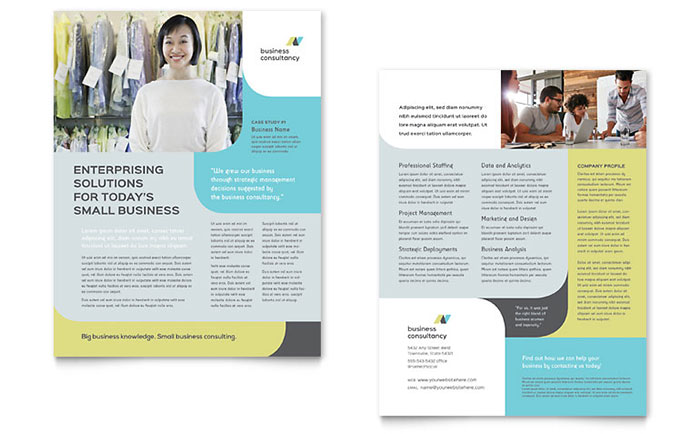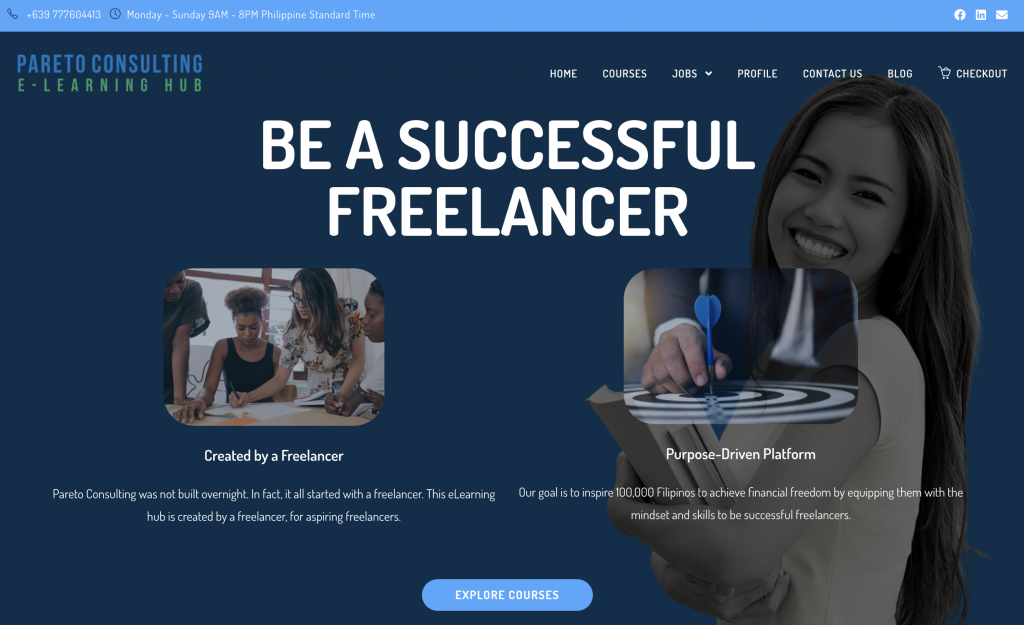
This article will be extremely helpful if you are interested in a career as a health care consultant. It will provide you with information on the work environment, duties and career opportunities that await you. Read on to learn more! It's simple to get started in the field of health care consulting. All that is required is some research, and time to complete an accredited degree program. After completing your degree, you are eligible to apply for jobs with healthcare consulting firms.
Consultants in health care work in a supportive environment
An essential part of the job of a healthcare consultant is to collaborate with various healthcare facilities to design and implement new strategies in order for them improve their services. Solutions developed by consultants can reduce costs, improve efficiency or provide better care for patients. For the healthcare consultant to be able identify inefficiencies and redundant processes, they must be an excellent analyst. They must also be able to interpret and analyze data and plan budgets and revenue streams.

Healthcare consultants work in a variety of environments, depending on their client and company. For example, a McKinsey consultant might spend Monday through Thursday on a client's site, working from a cubicle or desk. The consultant may work remotely on Fridays. A health care consultant may spend most of their time working remotely. It all depends on the nature and type of work done by the healthcare consultant.
What are the duties of a Health Care Consultant?
Health care consultants are responsible for helping clients find solutions to their medical problems. These problems can be as simple as improving the efficiency of a hospital or decreasing the cost of medical supplies. The healthcare consultant uses his or her problem-solving skills to come up with effective solutions. Consultants can often take on multiple projects at once and have to meet a deadline. Consultants must balance their work load.
The duties of a health care consultant vary from one job to the next. While some consultants are hired by healthcare institutions to conduct an analysis, others work directly in the management of the organization and help identify issues. Consultants can analyze revenue figures, assess employee satisfaction, and even find ways to cut costs. Private practices, government agencies, as well as pharmaceutical companies, often hire consultants to improve their services. They work closely alongside senior executives to find solutions and solve problems.
Health care consultant career opportunities
A career as a healthcare consultant is a great way to provide expert-level expertise and advice for organizations in the healthcare industry. They identify and propose innovative solutions to problems. This field is a great career choice if you are interested in it. Learn more about the job and the training to find out if this is the right career path. Below, you can learn about the duties and training of a health care consultant. These consultants are responsible to provide clients with critical advice on how to improve their company's performance.

A health consultant is usually employed by a consulting firm. This means that they spend little time at their workplace. Instead, they finish their work at their current place of business. Some healthcare professionals work for pharmaceutical companies, government agencies and medical labs. Another healthcare consultant works for insurance companies as well as medical device companies. Healthcare consultants work in offices.
FAQ
How is consulting different from freelancing
Freelancers, who are self-employed and provide services to clients without the need for employees, are independent contractors. They typically charge hourly rates based on time spent working on a client's project. Consultants are usually employed by companies or agencies. Their salaries are usually paid monthly or annually.
Freelancers tend to have more flexibility than consultants because they control their work hours and set their own prices. However, consultants often have better benefits, such as health insurance, vacation days, sick leave, retirement plans, etc.
How much does it take to hire a consultant
Many factors go into determining how much it costs to hire a consultant. These are:
-
Project size
-
Time frame
-
Scope of work
-
Fees
-
Deliverables
-
Other considerations like experience level, geographical location, etc.
What happens after the consultant has finished the job?
After the consultant completes the work, s/he will submit a final report detailing the results of their work. This report details the project timeline, deliverables, as well any other pertinent information.
After that, you'll go through the report and decide if it meets your expectations. If not, you can either request changes or terminate the contract.
Statistics
- According to IBISWorld, revenues in the consulting industry will exceed $261 billion in 2020. (nerdwallet.com)
- My 10 years of experience and 6-step program have helped over 20 clients boost their sales by an average of 33% in 6 months. (consultingsuccess.com)
- Over 50% of consultants get their first consulting client through a referral from their network. (consultingsuccess.com)
- According to statistics from the ONS, the UK has around 300,000 consultants, of which around 63,000 professionals work as management consultants. (consultancy.uk)
- WHY choose me: Why your ideal client should choose you (ex: 10 years of experience and 6-week program has helped over 20 clients boost their sales by an average of 33% in 6 months). (consultingsuccess.com)
External Links
How To
How To Find The Best Consultant?
First, ask yourself what kind of consultant you are looking for. Before you begin searching for a consultant to help you, you should be clear on your expectations. You should make a list of all the things you need from a consultant. These could include professional expertise, technical skills and project management abilities, communication skills, availability, and other things. Once you have identified your requirements, you might consider asking friends and colleagues to recommend you. Ask your friends or colleagues about any negative experiences they have had with consultants, and compare their recommendations with yours. Try searching online for recommendations if you don’t have any. There are many websites that allow users to leave feedback about their previous work experiences, such as LinkedIn and Facebook, Angie's List or Indeed. Look at the ratings and comments left by others and use this data as a starting point for finding potential candidates. Once you have a short list of candidates, contact them to arrange an interview. At the interview, it is important to discuss your requirements and get their feedback on how they can help. It doesn't matter whether they were recommended to you or not; just ensure that they understand your business objectives and can demonstrate how they can help you reach those goals.